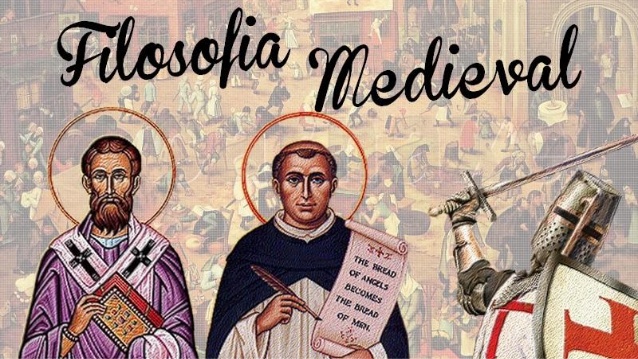ADVERTS
Summary of what Medieval Philosophy is
This period of philosophical study and application corresponds from the 8th century to the 14th century. At that time, the Church and its doctrines exercised great dominance in Europe, at the time of the Crusades.
Medieval philosophy became a school subject, and the name it acquired was scholasticism, which proposed a model for discussing philosophy.
ADVERTS
In this model, a thesis was presented for discussion, and a dispute was initiated with arguments taken from the Bible. To counter the teaching of the word of God, the theories of Aristotle and Plato were also used.
Classical Philosophy and Theocentrism

The Middle Ages allowed the discussion between classical philosophy and theocentrism. The philosophy of the Middle Ages also developed another problem, called the Problem of Universals, which dealt with idea and reality.
It can be said that medieval thinkers were influenced by Saint Augustine. In the Middle Ages, Christian philosophy was prepared, which works to prove the existence of God.
ADVERTS
Medieval philosophy discussed the social model, which separated the people into nobles, clergy and vassals. He also discussed God, reason and faith.
The main medieval authors were Saint Thomas Aquinas, Maimonides, Roger Bacon and Abelard.
